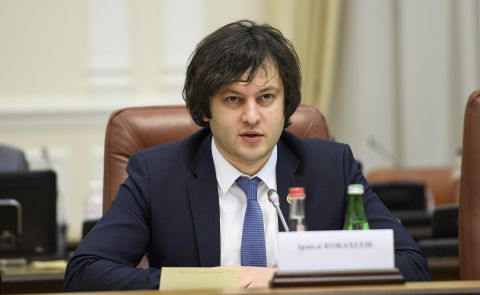
Pashinyan Emphasizes Reality Over Historical Fantasies in Border Delimitation Debate
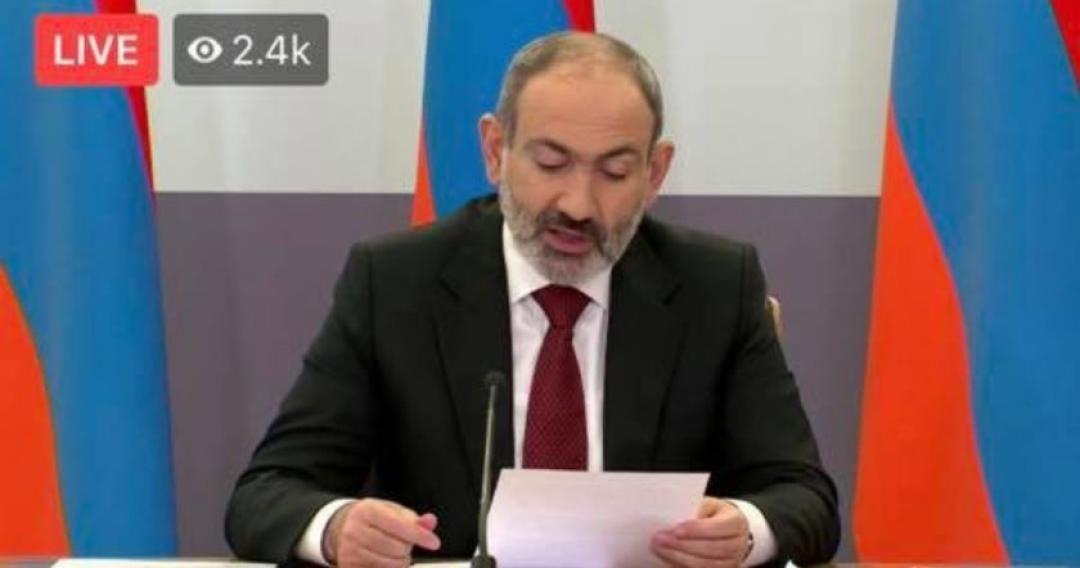
On May 22, Armenian Prime Minister Nikol Pashinyan addressed parliament regarding the border demarcation issue with Azerbaijan.
During the session, Pashinyan responded to an MP's inquiry about the maps used for border delimitation. He clarified that the demarcation is based on the de jure borders existing at the time of the USSR's collapse, and no new maps are being created: "There is a lot of talk about the demarcation cases of 1988. First, I emphasize once again: Here, the work is done at some time, and in some way, it is confirmed. According to this description, the case did not take effect de jure because it did not go through the legal process. That is, it has no legal power. Secondly, no map was created based on this work." Pashinyan displayed the 1976 maps of the USSR headquarters to the parliament members, which were based on the 1969 maps: "Having done a very detailed work, we have described all the perimeters of the borders of Armenia on the maps. We demarcated the villages of Baganis, Voskepar, Kirants, Berkaber based on maps that had de jure legal force at the time of the collapse of the USSR." The Prime Minister highlighted that these detailed maps consist of 19 pages. He reiterated that the territory of Armenia is 29,743 square kilometers, emphasizing that proponents of "historical Armenia" need to grasp this concept.
In his address, Pashinyan also criticized the opposition, mentioning 'the expectations of some' and arguing that such positions lead directly to non-statehood, non-sovereignty, and non-citizenship: "They want to sit in a cafe in the center of Yerevan and fantasize about Kars and thus lose Yerevan itself. See, this is the difference between real and historical Armenia. They want people sitting in the real Gafan to lose the real Gafan by dreaming about Zangilan or, in their words, Sanasar. This is a conceptual discussion. Real Armenia is the future. When we say there is a future, this is the future." Pashinyan further emphasized: "Real Armenia is concrete. We know its boundaries and keep it safe from morning till night rather than mouthing off to someone and saying, 'Keep us safe.' We stand in our legitimate position."
He did not shy away from critiquing the Armenian Church, stating that the Church is making Armenia a legitimate target by opposing the proposed security system. Half-jokingly, he remarked that if Armenia loses its sovereignty, it might end up with '10 deaconships' instead of 10 provinces: "The Armenian people had such an experience in history. They (Armenian clergy) visited Caesarea in the Byzantine Empire in the Middle Ages and received the title of Armenian Catholicos there, and after returning to Armenia, they became agents of influence. It seems that this character has not changed in them yet. But we will solve this issue in two to three months."
Concluding his speech with a historical reference, Pashinyan noted that ancient Armenian Tsar Pap sought to resolve this issue fundamentally, but his efforts were cut short by his murder: "Tsar Pap will never be killed again. No matter what robes they (clergy) put on their clothes, no matter how many kilos of crosses they hang on their collars, Tsar Pap will not be killed again. The state of Armenia will not be killed."
See Also

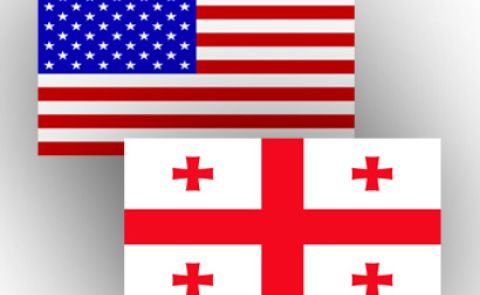
Kobakhidze Meets US Senator Daines to Discuss Bilateral Relations
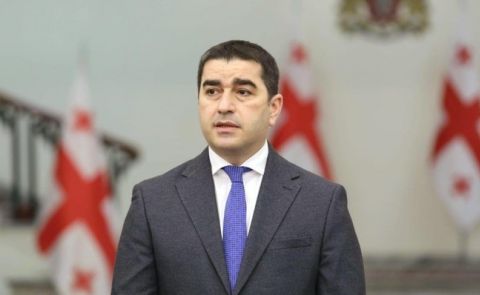
Georgian Speaker Condemns Embassy Travel Warnings as Economic Attack
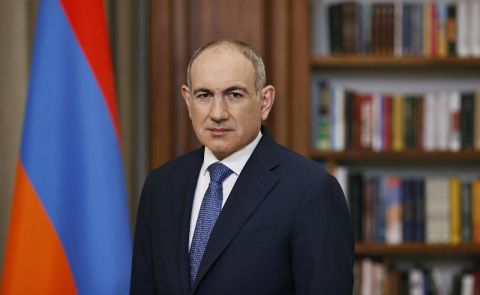
Political Crisis Deepens Between Armenian Government and Apostolic Church After Pashinyan’s Remarks
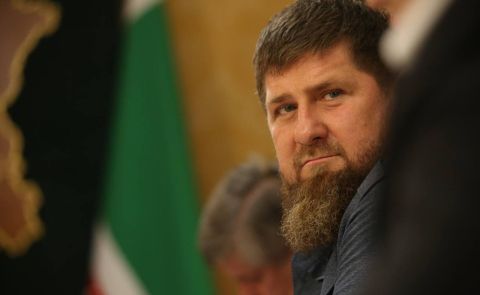
Ramzan Kadyrov Awards Title to Ingush Businessman

